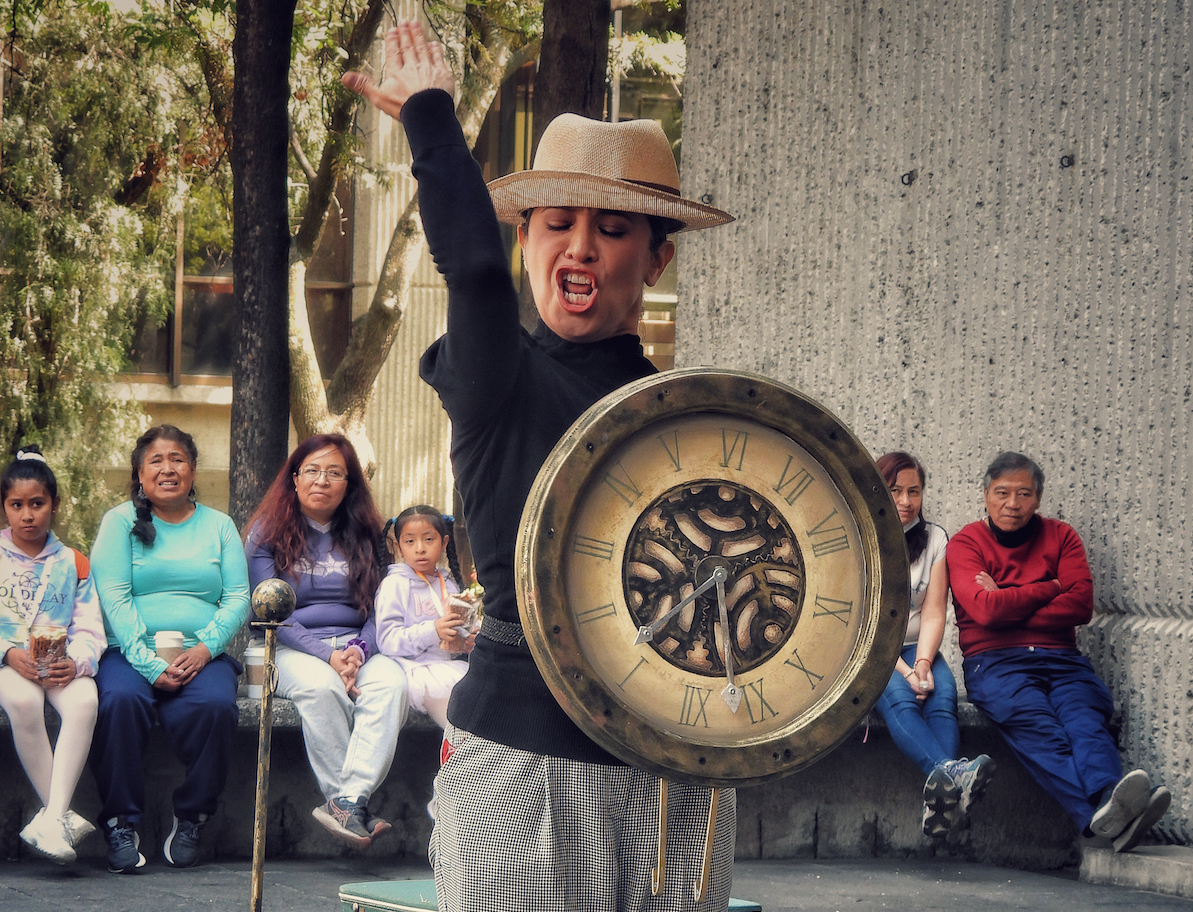Erin Cowling speaks and teaches fluent Spanish, but has no trace of an accent when speaking English. That’s just what happens when you grow up in a Canadian household full of Spanish exchange students.
“I grew up mostly in London, Ontario, in a house where we always had Spanish speaking students coming as exchange students to learn English,” the associate professor of Spanish at MacEwan University says. “And I thought that was super cool as a little kid. So I ended up going to Spain with one of the families as a teenager, and I just fell in love with Spain.”
She eventually did a double major in Spanish history, and one of the classes took her to that country once again, where she fell in love with its rich theatre history. She ended up doing her master’s and PhD focusing on Spain’s Golden Age of theatre, which happened during the same time period as Shakespeare, but produced many, many more plays. “We have like 30-something [Shakespeare] plays, that we know of. But [from] the Spanish Golden Age theatre, we actually have thousands. There were people who wrote like 500 pieces each. There were these almost workshops where they would have people pumping these things out, because it was in such high demand.”
The Spanish plays covered similar themes of desire and death, but differed from their English counterparts in that Spanish theatre allowed women on stage, and what really “got people in the seats was that the women would sometimes also dress up as men in disguise. That was very titillating because you’re seeing a woman on stage and now she’s wearing pants — and you might see her ankle.”
The writer of Los empeños de una casa (Trials of a House) knew that world well. Sor Juana Inés de la Cruz was nun in Mexico in the 1600s and, Cowling explains, was sort of a nobody — her parents weren’t married when she was born and her father disowned her. But her intelligence set her apart, and she even dressed as a boy to try to get into university in Mexico, but “she eventually joins a convent, because it’s the only place she can live freely to study, read books, and write.”
